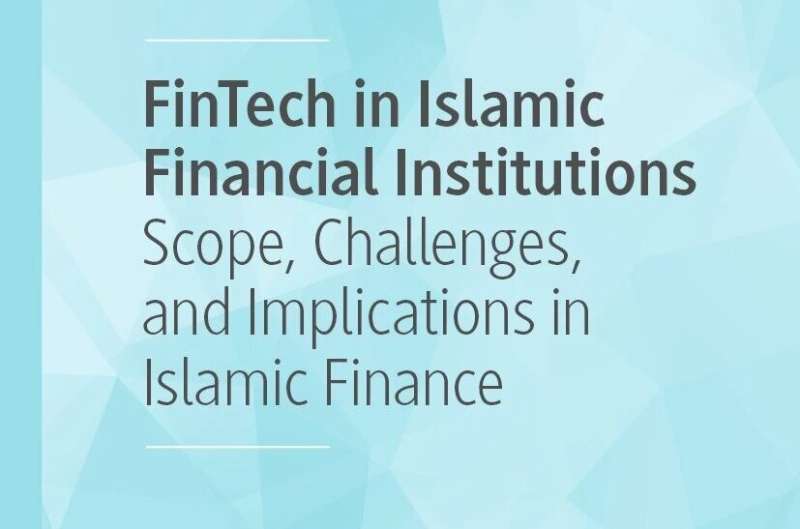Using fintech to support Islamic financial systems

Credit: Palgrave Macmillan
Islamic financial technology, or fintech, is experiencing growth at a rapid pace. A new book co-authored by Dr Mamunur Rashid, Senior Lecturer at Christ Church Business School, explores the development of Islamic fintech in a post-COVID era, detailing the opportunities and challenges facing fintech in Islamic financial institutions.
Islamic finance offers an alternative approach to traditional financial methods, with the aim of establishing a fair and just economic system. Islamic fintech covers financial technology that is built on Sharia principles of prohibiting profiting on debt, interest payments and investing in businesses related to alcohol, tobacco and gambling, among others.
In the book “FinTech in Islamic Financial Institutions—Scope, Challenges and Implications in Islamic Finance,” Dr. Rashid, along with co-authors Professor M. Kabir Hassan and Dr. Mustafa Raza Rabbani, explains how “fintech has disrupted the financial services industry like nothing before and has become the most exciting innovation of the twenty-first century.”
It has revolutionized the way consumers use financial services and how financial services are delivered. The experiences of recent years, through the pandemic, have helped push the fintech agenda forward quickly and ensure that this “disruptive technology” for traditional financial services has brought positive changes to the overall growth and development of the financial environment.
The authors identify some challenges to the growth of Islamic fintech, including how Islamic financial institutions have shown reluctance to adopt fintech, viewing it as a competitor, rather than an ally, to the mainstream financial and banking systems. Arguing that Islamic finance must now recognize fintech as a partner and ally, value its responsiveness, competitiveness and identify the need to be agile in response to consumer needs.
Dr. Mamunur Rashid comments: “Since Islamic financial institutions are relatively smaller in size, and generally have national and regional scope, we need more research to understand how these institutions respond to new technology, technology arbitrage enjoyed by large conventional institutions, and how they integrating services to match the new normal. This issue brings together information that highlights the need for a massive change in the customer delivery of financial services and internal management of banks to focus on efficiency and sustainability.”
Provided by Canterbury Christ Church University
Citation: Using fintech to support Islamic financial systems (2022, December 16) retrieved on December 16, 2022 from
This document is subject to copyright. Except for any fair dealing for the purpose of private study or research, no part may be reproduced without written permission. The content is provided for informational purposes only.


